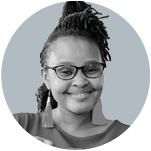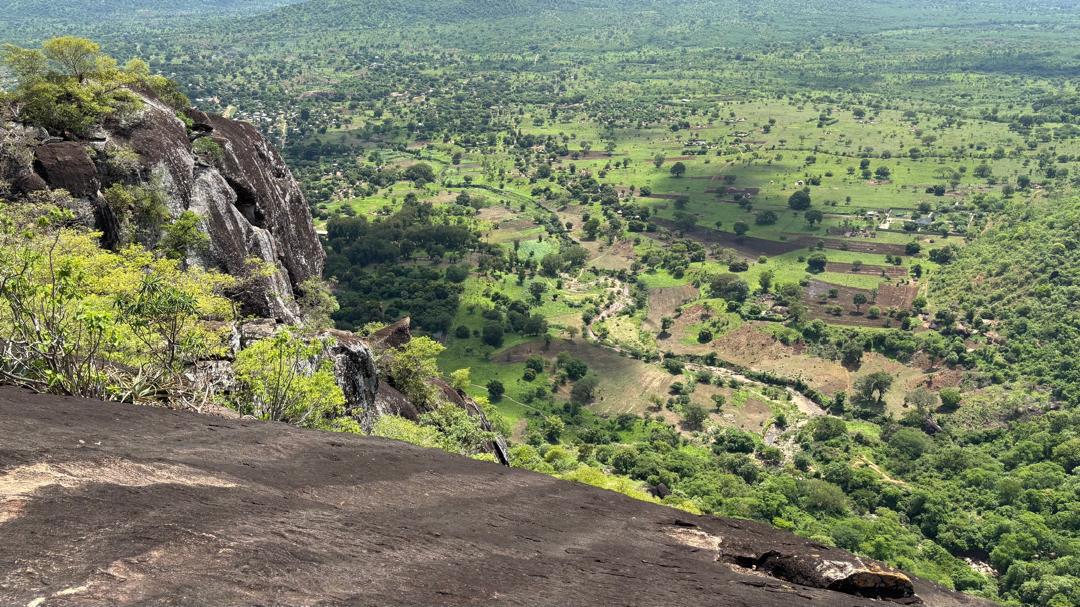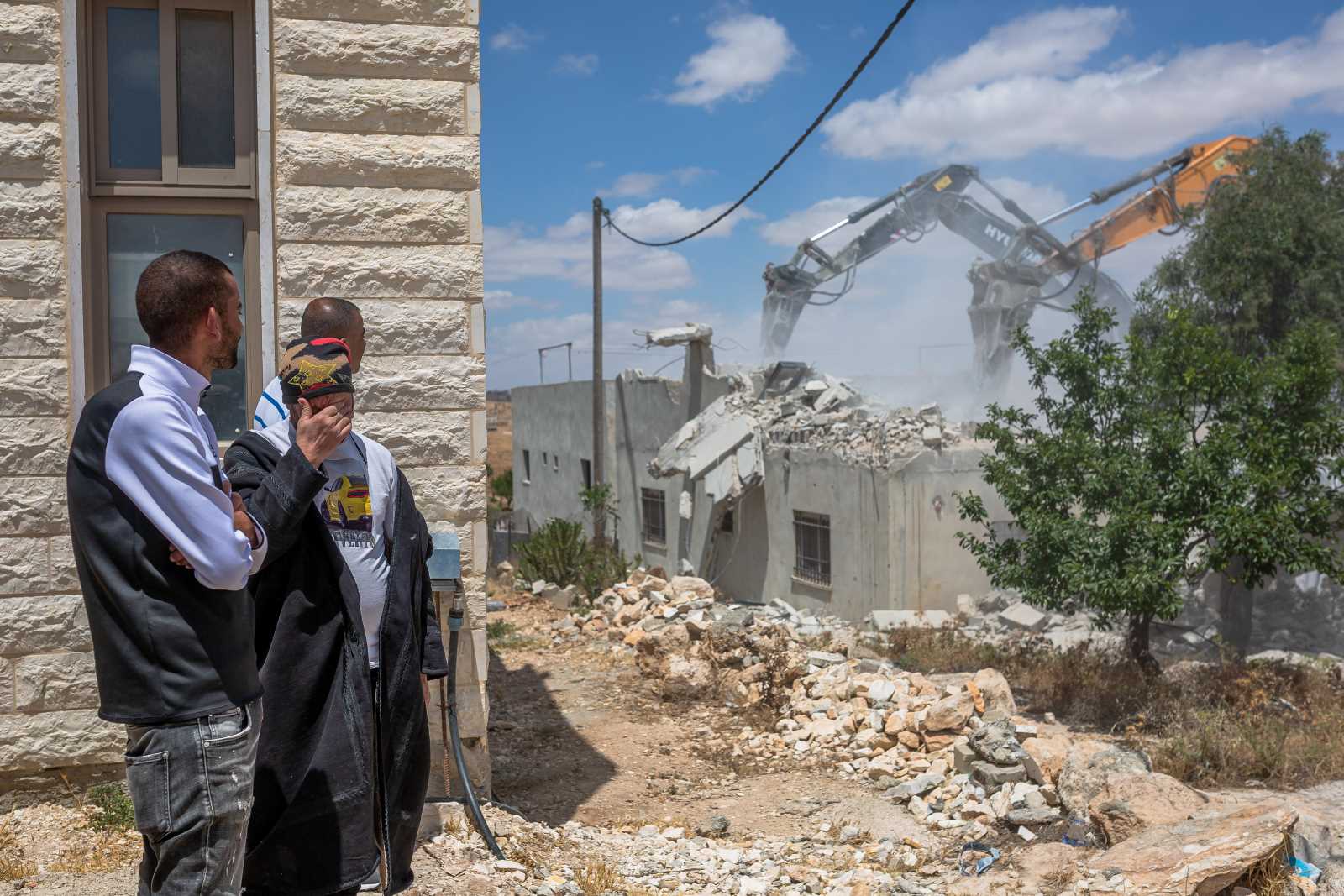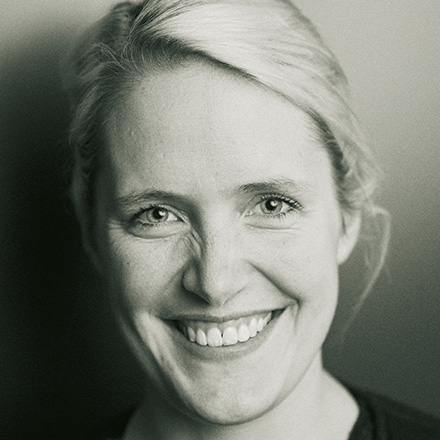Rwanda
Healing a post-genocide society
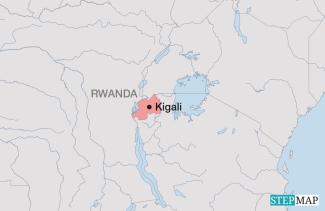
Led by President Paul Kagame, the Rwandan state has invested immensely in healing the society from the trauma of genocide. The government introduced so-called Gacaca courts, a traditional form of community justice that involved resolving disputes through open-air hearings overseen by community elders. These community-based courts sought to handle the otherwise overwhelming caseload of genocide-related crimes.
More recently, the government introduced socio-therapy, a psychosocial healing and peace-building programme which uses small groups as an open environment for discussion and healing. It is practised in groups of an average of ten to fifteen people, including both survivors and genocide perpetrators. Meeting weekly for about three hours over fifteen weeks, a group may choose any location in their direct living environment such as a church, a private room, a place under a tree, or on grass in the open.
One of the groups, named Mvura Nkuvure (“let’s heal each other”) is where genocide survivor Mukaneza belongs. She describes her challenging first time. “It was so hard being in the same space with those who committed the genocide. I just cried and left. However, the facilitators urged me to return for other sessions. In the third session, one of the proprietors confessed to having killed my sister, and I fainted at the news. But despite the shock, the news brought me closure and the internal peace that I needed.”
Rwanda has many people suffering from psychological and social issues, but not enough trained professionals to help them. The community programme aims to address this shortage. It identifies locals who, after some training, can lead the programme. It involves different phases that cultivate safety, trust, care, respect and memory restoration.
Many participants, despite outward appearances of competence or adjustment, understandably experience internal feelings of indignity, dehumanisation and lingering fear due to past traumatic experiences. By sharing life stories, the group fosters trust among participants and creates an caring environment that helps to overcome social isolation.
Nsabimana, a former convict, says that the confession about the killings he participated in and the places where bodies were dumped and later asking for forgiveness, has set him free. “Even though I had been set free and was out of prison physically, I still felt psychologically bound. After participating in the programme, I feel wholly forgiven and accepted in my community,” he says.
The group sessions allow the reflection on the bad events of the genocide and help evaluate where participants are on the path to healing. “Mvura Nkuvure allowed me to share my personal story. I had never had the chance to talk about my tough encounters during the genocide. In the past, I suffered chronic headaches and insomnia, but since joining the programme, the headaches are gone, and I feel much lighter. My household is also happier, and we can now concentrate on developing ourselves,” says Mukaneza.
Stella Tushabe is a freelance writer in Rwanda.
stellatush@gmail.com
